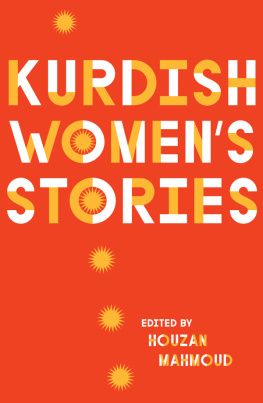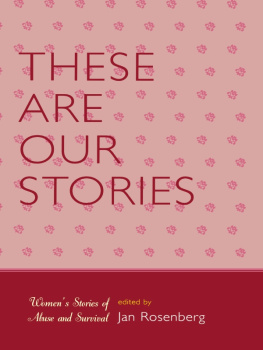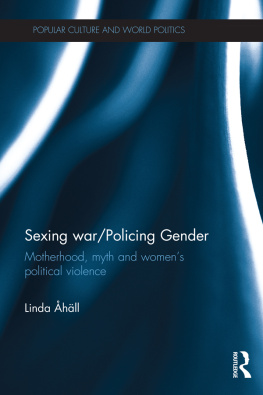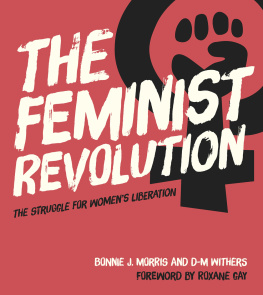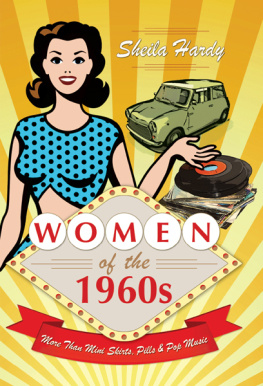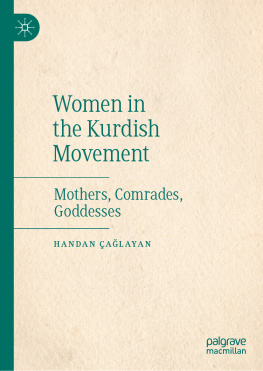Contents
Guide
Kurdish Womens Stories
Kurdish Womens
Stories
Edited by Houzan Mahmoud

First published 2021 by Pluto Press
345 Archway Road, London N6 5AA
www.plutobooks.com
Copyright Houzan Mahmoud 2021
The right of the individual contributors to be identified as the authors of this work has been asserted by them in accordance with the Copyright, Designs and Patents Act 1988.
British Library Cataloguing in Publication Data
A catalogue record for this book is available from the British Library
ISBN 978 0 7453 4113 2 Hardback
ISBN 978 0 7453 4114 9 Paperback
ISBN 978 1 7868 0647 5 PDF eBook
ISBN 978 1 7868 0649 9 Kindle eBook
ISBN 978 1 7868 0648 2 EPUB eBook
Darya Najim: main translator from Kurdish to English
Sarah Mills: editing and proofreading the manuscript
Ismail Hamalaw: translating from Arabic to Kurdish
Farhad Chomani: translating from Kurdish-Kurmanji into Kurdish Sorani
Nabaz Samad: translating from English to Kurdish for the (Kurdish Edition)
Amira Mohammed: writing two stories in Kurdish as they were told by the women
Paulien Bakker & Hatau (Anonymous): writing two stories in English as they were told by the women
This book is printed on paper suitable for recycling and made from fully managed and sustained forest sources. Logging, pulping and manufacturing processes are expected to conform to the environmental standards of the country of origin.
Typeset by Stanford DTP Services, Northampton, England
Simultaneously printed in the United Kingdom and United States of America
Contents
Acknowledgements
This project, from conception to realisation, would not have been possible without the consistent support from staff and friends of Culture Project, both in Kurdistan and abroad. From the outset, everyone participated with great enthusiasm. I would like to give special thanks to: Farhad Chomani for translating some of the initial texts from Kurdish-Kurmanji into Kurdish Sorani; Nabaz Samad for translating from English to Kurdish; Ismail Hamalaw for translating from Arabic to Kurdish; and Khanda Hamid for establishing contact with Kurdish women in Rojava to tell their stories.
Special thanks to Darya Najim for translating and Sarah Mills for proofreading and revising the manuscript.
Endless thanks to Amira Mohammed for writing two stories as they were told by the women who wished to participate but could not write themselves. Amira faithfully recorded their stories as these women told them. Many thanks to both Hatau and Paulien Bakker for writing two stories as they were told by both Kobra Banehi and Nasrin Ramazanali.
Finally, I would like to thank my dear friends Dr Isabel Kser, Dr Fazil Moradi and Zardasht Noredin for their guidance and support with this project.
I am grateful to Alan Pary poet, writer and owner of Nusyar publishing house in Denmark for his support in publishing the Kurdish version of these stories in South Kurdistan in November 2019.
Introduction
Houzan Mahmoud
The inspiration behind Kurdish Womens Stories
Kurdish Womens Stories is an anthology of womens first-person accounts from all parts of Kurdistan. It was conceived as part of Culture Projects Self-Writing online project, a call I wrote in January 2018 outlining the importance of writing about lived experience in love, politics, art, poetry, imprisonment or gender injustice. I wrote the call in both Kurdish and English and published both of them in our digital magazine Culture Project as well as on social media. I wasnt sure at the time whether or not my call would be taken up. To my surprise, women reached out to me, many of them unsure of where and how to begin, but eager to participate nonetheless. I encouraged them to write about any moment of significance that stood out in their lives.
Embarking on a self-writing project and calling on Kurdish women to write about their own lived experiences wasnt exactly an easy task for many reasons. It felt like going on a journey without knowing where I would end up, or what would come up along the way. The main reason that this was no easy task, however, is because we tend to minimise the importance of writing about ourselves as women. Political problems, war, imprisonment and displacement all made writing about ourselves a secondary issue. Women seem to be especially reluctant, perhaps because of everything they have had to endure. It is not easy to tell a life full of stories. The main issue for so many of the women in this book was that they had a lot to tell but did not know where to start or end their stories!
In recent years, many men in South Kurdistan who were politically active in Saddams era have written about their political struggles and imprisonment. Bookstores are full of such biographies written by men, often citing their bravery and the bygone days of heroism. In contrast, the stories of women, who were also combatants, who were imprisoned, who suffered and kept the momentum of political struggle in Kurdistan alive, are missing or overshadowed by male heroism. Even where womens stories are told, they are whitewashed by official party-owned publications and media made to revolve around those women who are close to the establishment, or who have high political or social status. The reason always goes back to the nature of political parties in South Kurdistan, which are mainly male dominated.
Social status and political ties play a big role in either amplifying someones story or completely burying it. Not all women have access to power, education, publishing and social status. Many important stories are thus lost to history. I believe that education and the right to tell such stories should not be a privilege afforded to only a few, but rather that all womens experiences should be valued, told and studied.
One of the reasons I called on Kurdish women to write about themselves is because I am personally fascinated by their perseverance and resilience in the face of unspeakable circumstances. As you will read in this book, each woman has her own story of upheaval, whether through war, imprisonment, political exile, violence or the loss of loved ones, yet the endurance, love of life and determination to move forward are all mesmerising. Another reason why such a self-writing project was important was the lack of authentic voices in this regard. It was time that Kurdish women told their own life stories.
This book presents the stories of Kurdish women, all representing different political views from liberal, leftist, nationalist and religious views to those unaffiliated altogether and different social, educational and professional backgrounds. All of these stories are thus written by the women themselves, without any filters or censorship in the way of what they wanted to write about. This is neither an academic book based on research and theorisation nor simply a compilation of interviews for newspapers or magazines. These stories are told solely by the women themselves, and each story represents only the lived experiences of its narrator.
This book contains stories written by twenty-five women who reflect on their encounters and experiences in politics, art, love, gender injustice, exile, loss of loved ones, imprisonment and activism. These varied experiences of Kurdish women from different parts of Kurdistan and the diaspora offer a glimpse into how diverse painful, joyful, traumatising and powerful their lives are. It is fascinating and inspirational to see how they have found ways to praise the beauty of life despite all the ugliness of war, fascism and social conservatism in our region.

